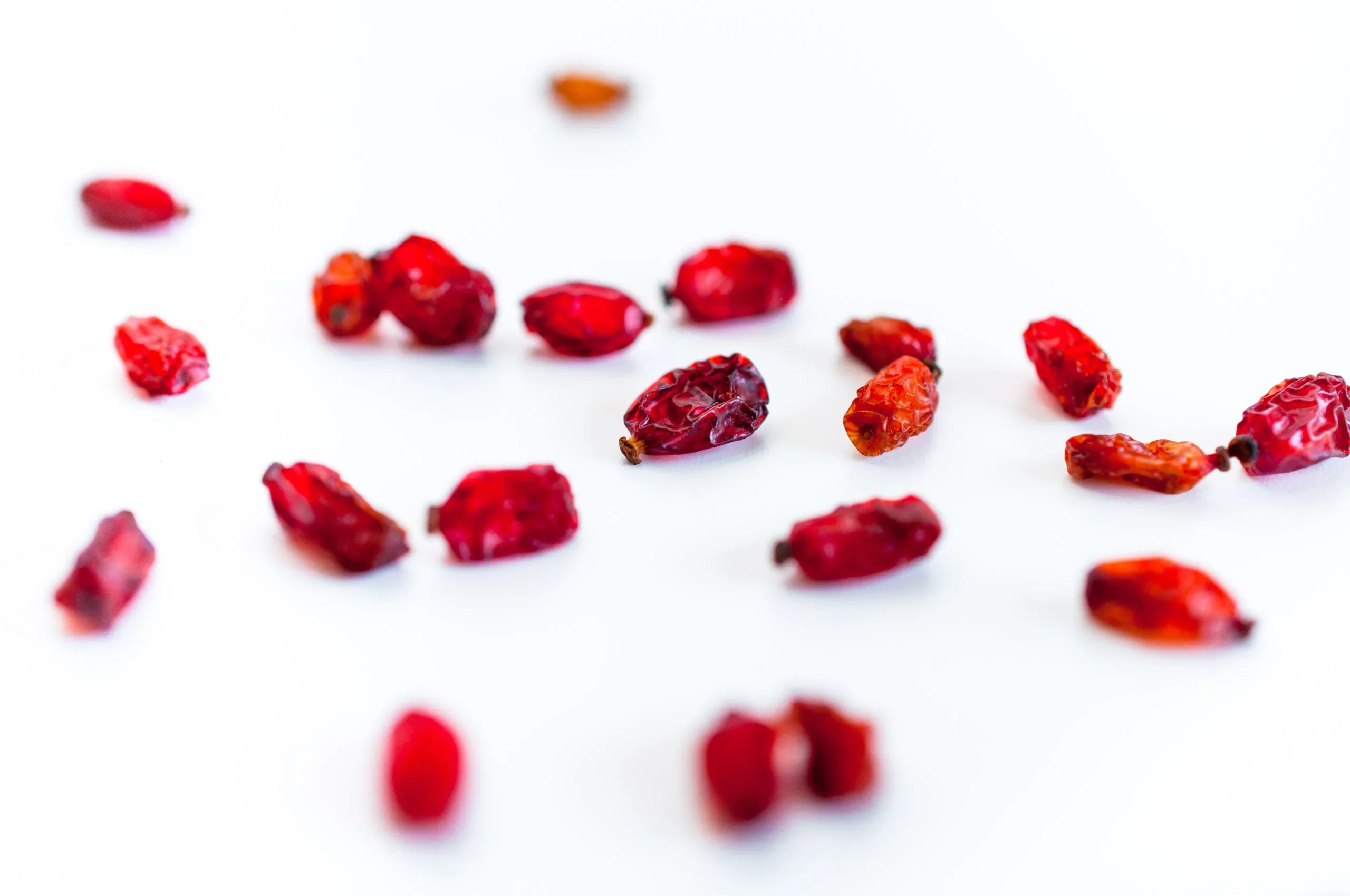Berberine is a bioactive compound usually found in various plants. Its widely used for its potential benefits in blood sugar regulation, cardiovascular health, and metabolism support.
If you wonder: "Can I take berberine before bed?" its important to understand whether nighttime consumption is beneficial, how nighttime intake might impact your body or if it could interfere with sleep quality.
Some potential benefits of taking berberine before bed are related to berberine helping regulate blood glucose levels by increasing insulin sensitivity and reducing glucose. Taking it before bed may help stabilize blood sugar levels overnight, which is especially beneficial for people with diabetes or insulin resistance.
Berberine also provides metabolic support since it can activate AMPK, an enzyme often referred to as a metabolic "switch". Taking berberine at night might enhance fat-burning and improve cholesterol levels as your body rests.
Berberine also has antimicrobial properties that support gut microbiota balance. Taking it before sleep may aid in better digestion and intestinal health, as the body naturally undergoes restorative processes while sleeping.
When analyzing the downside of taking berberine at night, one possible drawback is its potential to cause mild digestive discomfort. Some individuals who take berberine at night experience bloating, cramping or other stomach issues. For some individuals, taking it at night can cause subtle changes in their energy levels, making it slightly more difficult to fall asleep.
Taking berberine at night can also enhance the effects of certain medications, especially those used to manage diabetes. This can potentially cause blood sugar levels to drop too low (hypoglycemia) or other unintended interactions. Its important to always consult with a healthcare provider before incorporating berberine into your night routine.

What is Berberine?
Berberine is a natural compound found in plants including goldenseal, barberry, and tree turmeric. It has been used in traditional medicine for centuries due to its powerful health benefits.
One of the most well-known advantages is its contribution to metabolic health. It helps balance blood sugar, improve insulin sensitivity and support weight management. How? By activating AMPK, an enzyme that boosts energy metabolism. For this reason, some people choose to take berberine at night to help regulate glucose levels while they sleep.
Beberine also may contribute to bone health. Research suggests it has anti-inflammatory properties that reduce inflammation while supporting bone density, which is beneficial for individuals at risk of osteoporosis.
People commonly include berberine in their routine to support heart health, manage diabetes, promote gut health, improve gut microbiota and support overall metabolic function.

Best Practices for Berberine Consumption
To make the most out of Berberine its important to follow the right dosages to ensure safe use, take it at the best times, and combine it with the right diet or supplements to maximize its effects.
The standard of daily Berberine dosage is usually 900 to 1500mg, usually dividing into two or three smaller doses spread out throughout the day. Many ask, "How long does berberine take to work?" The answer depends on the health goals.
There's generally noticeable improvements in blood sugar and metabolic health within a few weeks. When it comes to benefits on heart health and cholesterol, it may take several months to show.
Best Way to Take Berberine supplements
To maximize benefits, berberine should be taken with meals, as it can enhance absorption, that helps control blood sugar spikes after eating. Taking berberine alongside it with healthy fats or fiber-rich foods can also help to improve digestion while reducing the possibility of experiencing stomach discomfort.
Berberine also pairs well with supplements like probiotics, to support gut health, milk thistle, to assist liver function, and magnesium, to complement its metabolic and cardiovascular effect. However, its important to avoid taking it at the same time as prescription medications for diabetes, blood pressure or cholesterol, as berberine can enhance and amplify their effects.
Should You Take Berberine at Night?
Many people include berberine in their nighttime routine to support overnight blood sugar regulation and metabolic activity. While this can be beneficial, it may cause mild digestive discomfort for some, which could disrupt sleep. If this happens, consider adjusting the timing of your last dose to earlier in the evening or spreading them all out during the day.

How Often Can I Take Berberine?
Berberine, a powerful natural supplement known for its benefits in joint health, brain health, and metabolism. However, to use it effectively, safely and maximize its benefits its crucial to follow the right dosing schedule, take occasional breaks and be mindful of the potential side effects that may come from overuse.
As we've mentioned before, the common dosage is of 900 to 1500mg of berberine per day, divided into two or three doses. As berberine has a short half-life, spreading out doses helps maintain stable levels in the body.
A common question is whether its better to take berberine in the morning or night, and the answer depends on your health goals.
Some prefer to take it in the morning as it helps regulate blood sugar levels and support metabolism throughout the day.
Others rather take it at night as it may aid in stabilizing blood sugar while sleeping, while enhancing fat metabolism overnight. Some people prefer to take it both morning and night to ensure steady effects throughout the day.
While berberine is generally well-tolerated, its important to take breaks as prolonged intake might generate digestive discomfort, such as bloating, stomach cramps, or diarrhea, especially when taking high doses. Overuse could also lead to hypoglycemia, particularly for people taking diabetes medication.
Additionally, berberine taken without breaks might disrupt beneficial gut bacteria, which could impact digestion and overall well-being.
The key to maximizing berberine's benefits for joint health, brain health,h and metabolism is to follow a structured dosing plan, taking occasional breaks, and monitoring how your body responds.

When is the Best Time to Take Berberine?
The ideal time depends on your health goals, meal schedule, and personal tolerance. When considering if to take berberine before or after a meal, most experts suggest taking it with or after meals to help regulate blood sugar levels and support digestive health, while also reducing the risk of digestive discomfort.
Taking it in the morning may help balance blood sugar throughout the day, supporting metabolism, making it a good option for those focused on energy levels and weight management. Taking it at night can be beneficial for men's health, especially to support heart health and metabolic function during their sleep. Consulting with a healthcare provider can help determine the best routine for you.
Conclusion
Berberine is a powerful supplement that benefits metabolism, heart health, and digestion. Whether taken in the morning or before bed, its effectiveness depends on individual health goals.
Taking it in the morning may support energy and blood sugar balance throughout the day, while nighttime use can aid recovery and metabolic regulation during sleep. However, some people may experience mild digestive discomfort at night.
Like all supplements, berberine should be taken with proper guidance, following recommended dosages and cycling when necessary. Pairing it with meals enhances absorption while minimizing side effects. As berberine can interfere with other medications, its very important to consult with a healthcare professional before adding Berberine to your routine.
Finding the right time to take berberine, and the right dosage for you, will help boost berberine's benefits while ensuring a safe and effective use.

